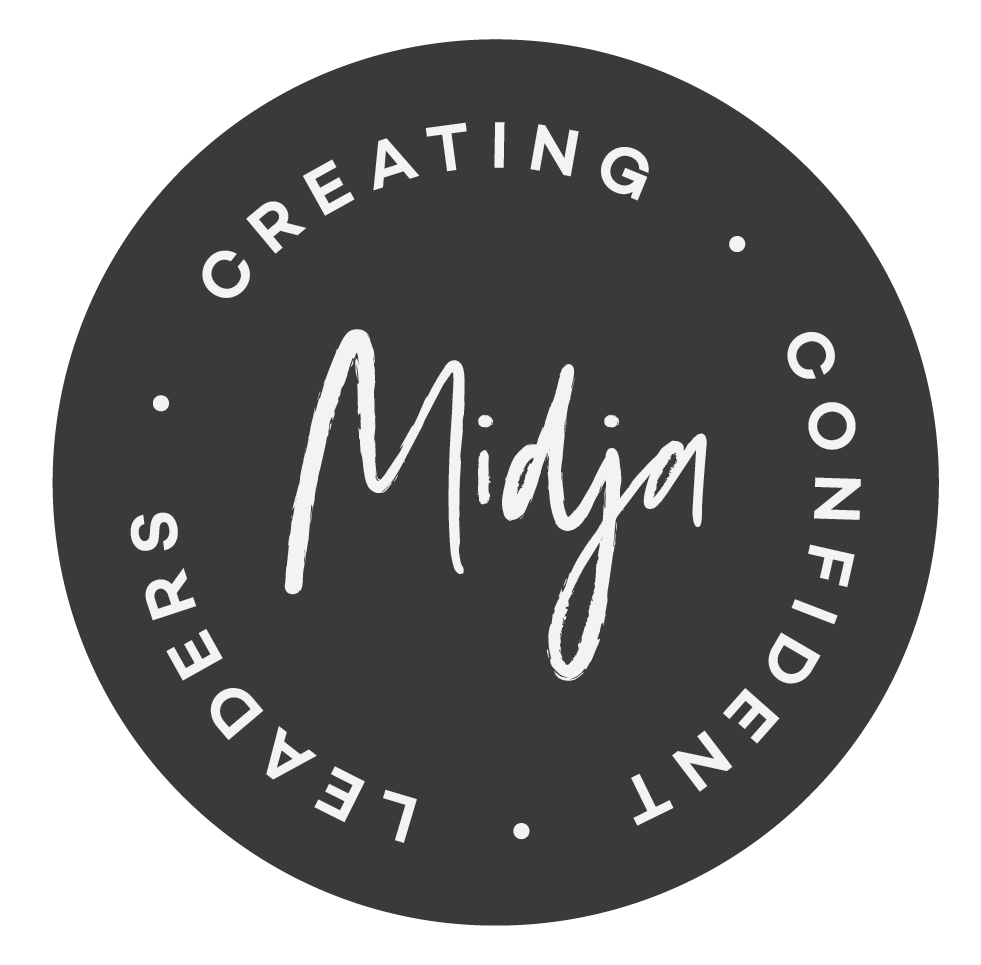How To Fight Fair
Over the weekend, I prepared for a workshop I’m facilitating shortly on conflict resolution in the workplace. As I sat down to begin my preparation, the first questions that popped into my head were:
Is all conflict bad?
And is conflict to be avoided at all costs?
For some people the mention of the word conflict brings panic and they would do anything humanly possible to avoid it. However, if you consider the famous team development model by Bruce Tuckman*, he says that all teams go through a series of stages including a state of conflict.According to his research, Tuckman says that teams will naturally go through the stages of forming, storming, norming, performing and adjourning.
So storming is a natural progression of team development and one that doesn't need to be avoided. In fact, it could be seen as a milestone to celebrate that the team is actually heading in the right direction and will be stepping into their norming and performing stages. Now of course, you don't want to stay in the storming stage for too long, it can be exhausting, and you also want your people to fight fair.
So, when there’s storming in your team or in your relationship, how do you fight fair?
Be aware of your own assumptions and biases and worldview
Acknowledge that others may (probably will) have a very different point of view
Let go of having to be right about your opinion
Stick to the observable data and the issues at hand
Create space between the emotional stimulus and your response
Everyone sees the world differently. Hence, conflict is inevitable at times. When we come together in a team, we bring our own opinions and points of view. I’m always reminded of the quote by Dr Stephen R Covey,
“We think we see the world as it is but in fact, we see the world as we are.”
To fight fair, we need to be in the right frame of mind and have sufficient self-awareness and self-confidence, to express our point of view and listen to others as well.
So, what can you do as a leader to help your team get through conflict?
Play the coach. It’s time to help your team develop effective strategies for communication and handling the tough conversations.
While your people are arguing over their differences, it’s the perfect time to keep reinforcing their similarities - common goals, organisational values, client outcomes, strategic vision.
Highlight what each team member brings to the table. Help everyone to value their own role and the role of others. Make sure everyone sees the unique contribution of each team member.
But what happens if you don’t storm as a team? If you have a relationship without any conflict ever?
Well, there have been times over the last couple of years when doing team development workshops, when I've heard comments like, "Well around here, there’s no storming. We all get on really well.’ Fantastic but is there really no conflict?
Maybe instead of an external storm, there’s an inner conflict going on instead. This is when you’re thinking one thing but saying another. There's not enough trust or safety in the relationship to share or possibly you just don’t have the skillset to handle the tough conversation. It’s a bit like holding a beach ball under the water. It takes a lot of effort to keep it there and you can only hold it for so long, before it breaks free. (Sometimes hitting you or someone else in the face!)
It might also be the fact that you're not storming because there's not enough care factor or commitment. If you don't actually care about your work, your organisation or your team; if this is a short-term arrangement, then maybe you want to stay under the radar and not rock the boat. It’s just not worth the effort.
The storming stage can be tough to navigate and not everyone will want to go through it. You have a choice as a leader about how you view this type of conflict in your team. You can see it as a negative and something to be avoided at all costs or you can see it as a sign of growth, innovation, testing boundaries and forging a pathway where everyone really gets to know one another in the team.
If conflict is done right, it can leave your people feeling valued, understood and part of the collective. They will feel like they belong, and trust will be high. Your team will emerge from the storming phase feeling strong and connected and ready to perform at their best.
Midja x
* Tuckman, Bruce W (1965). "Developmental sequence in small groups". Psychological Bulletin. 63(6): 384–399.
